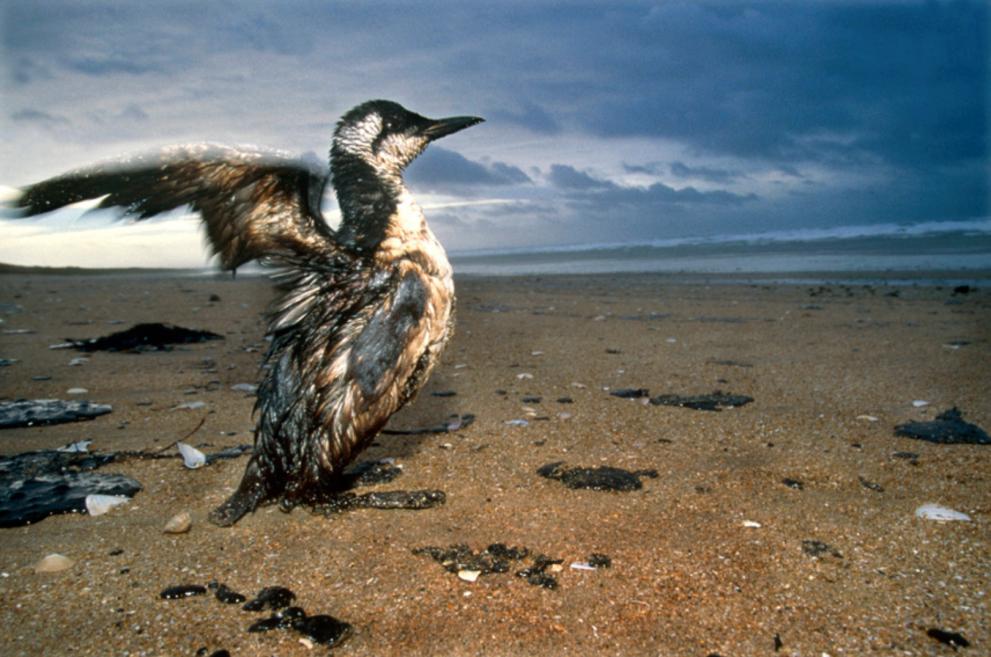
World Maritime Day: fighting marine pollution
World Maritime Day 2022 is on 29 September, run by the International Maritime Organization.
This year, the theme is new technologies for greener shipping. We look at what the EU is doing to reduce incidents of pollution at sea and the projects tackling marine pollution incidents and their consequences for the marine and coastal environment.

